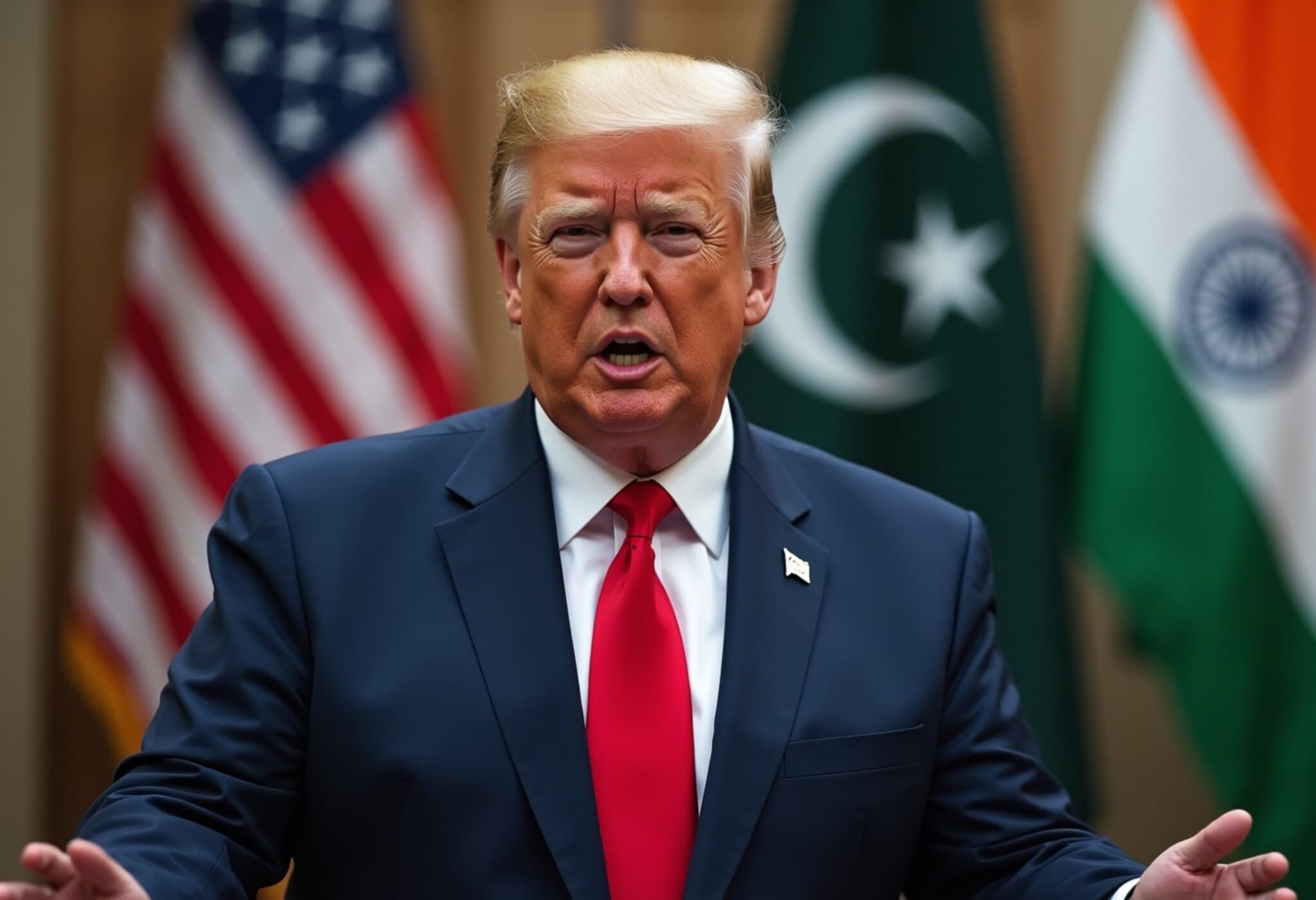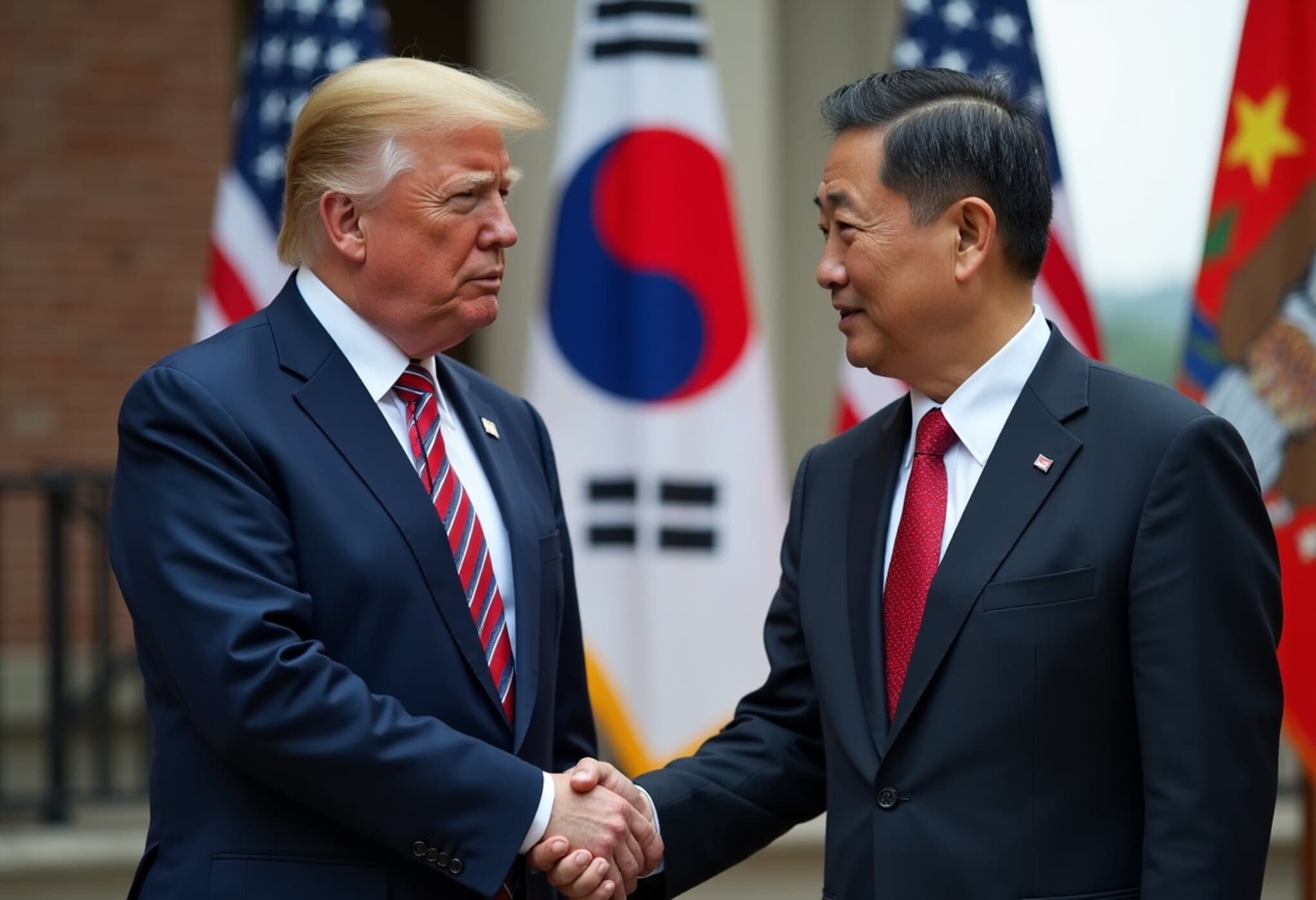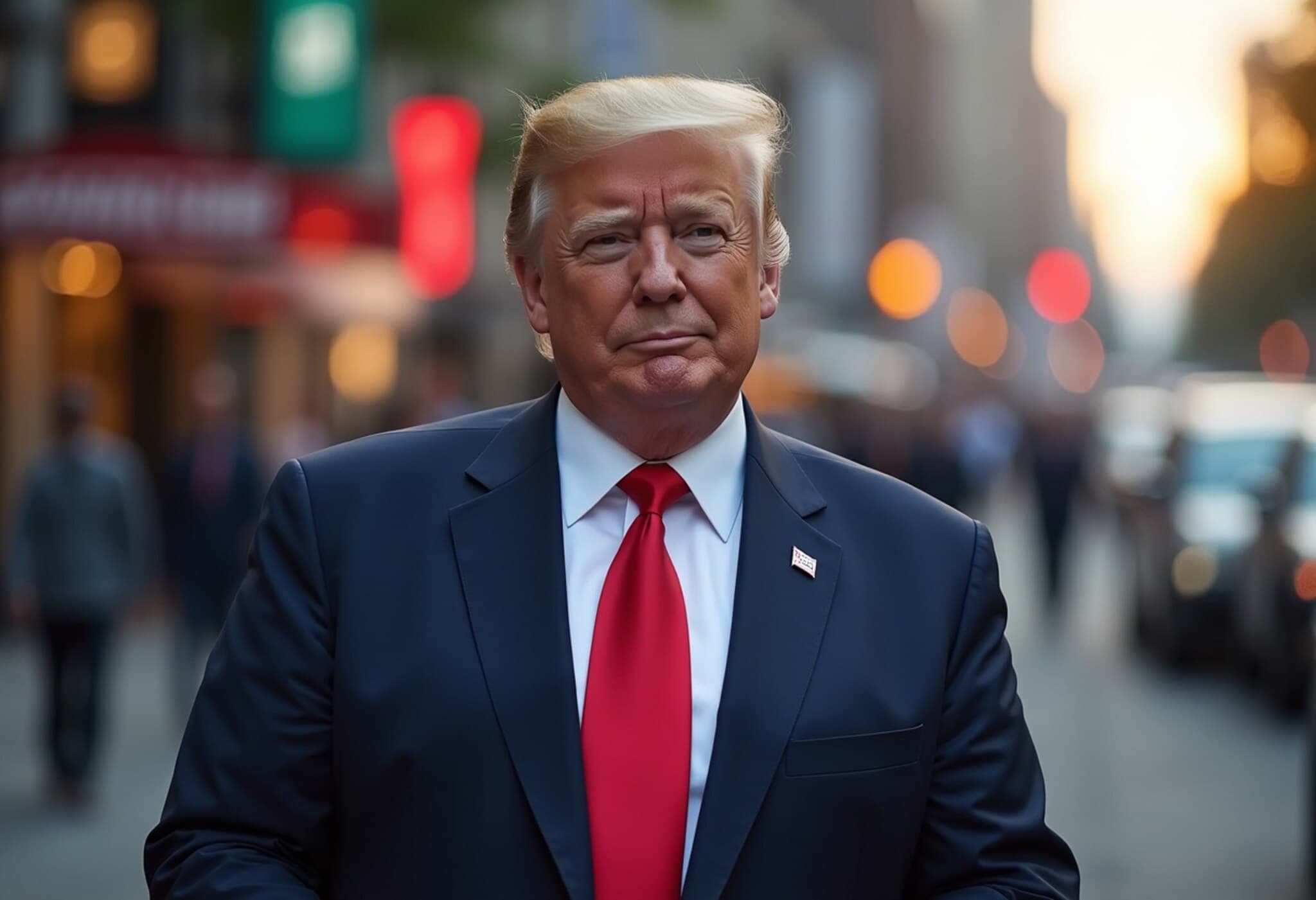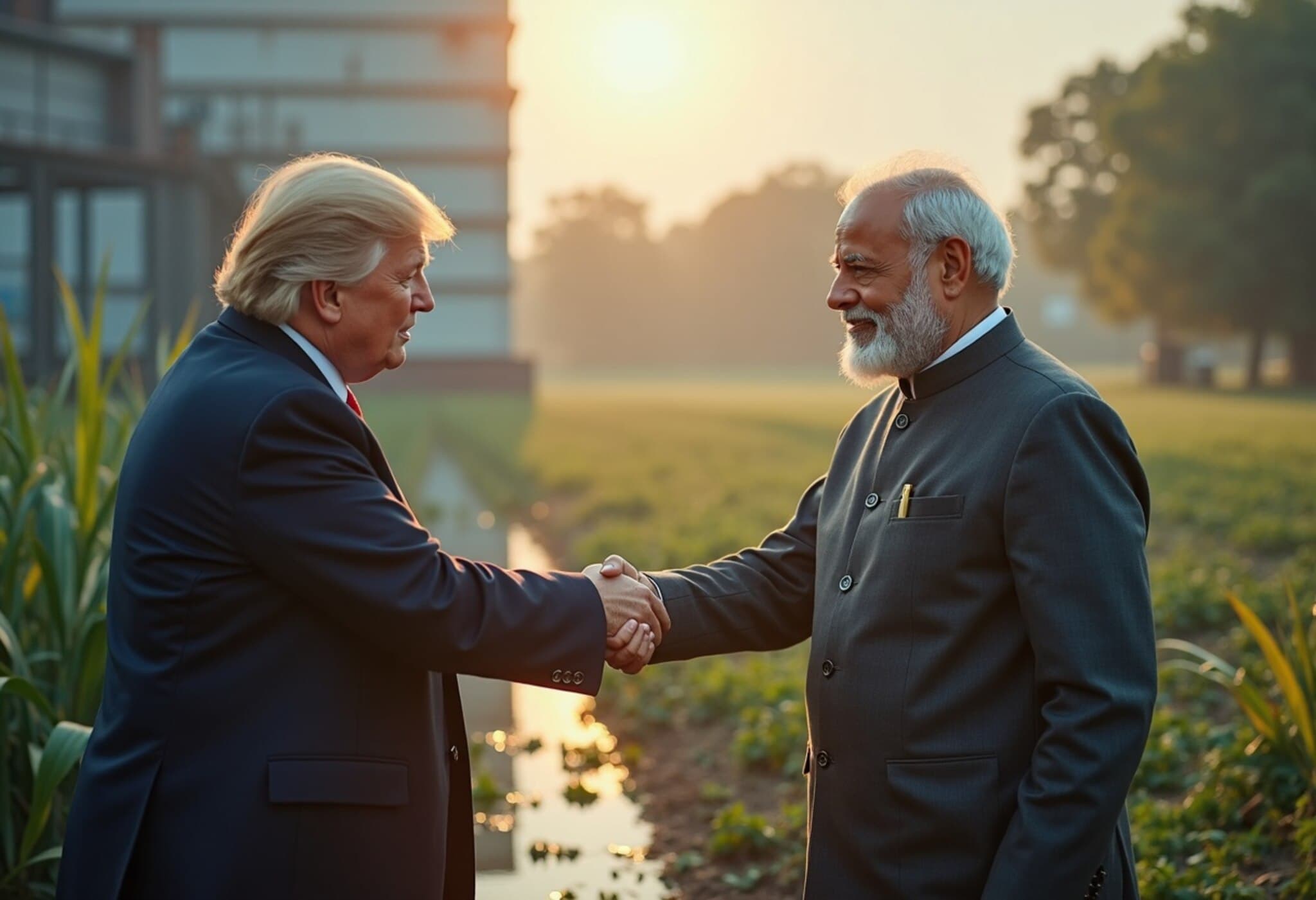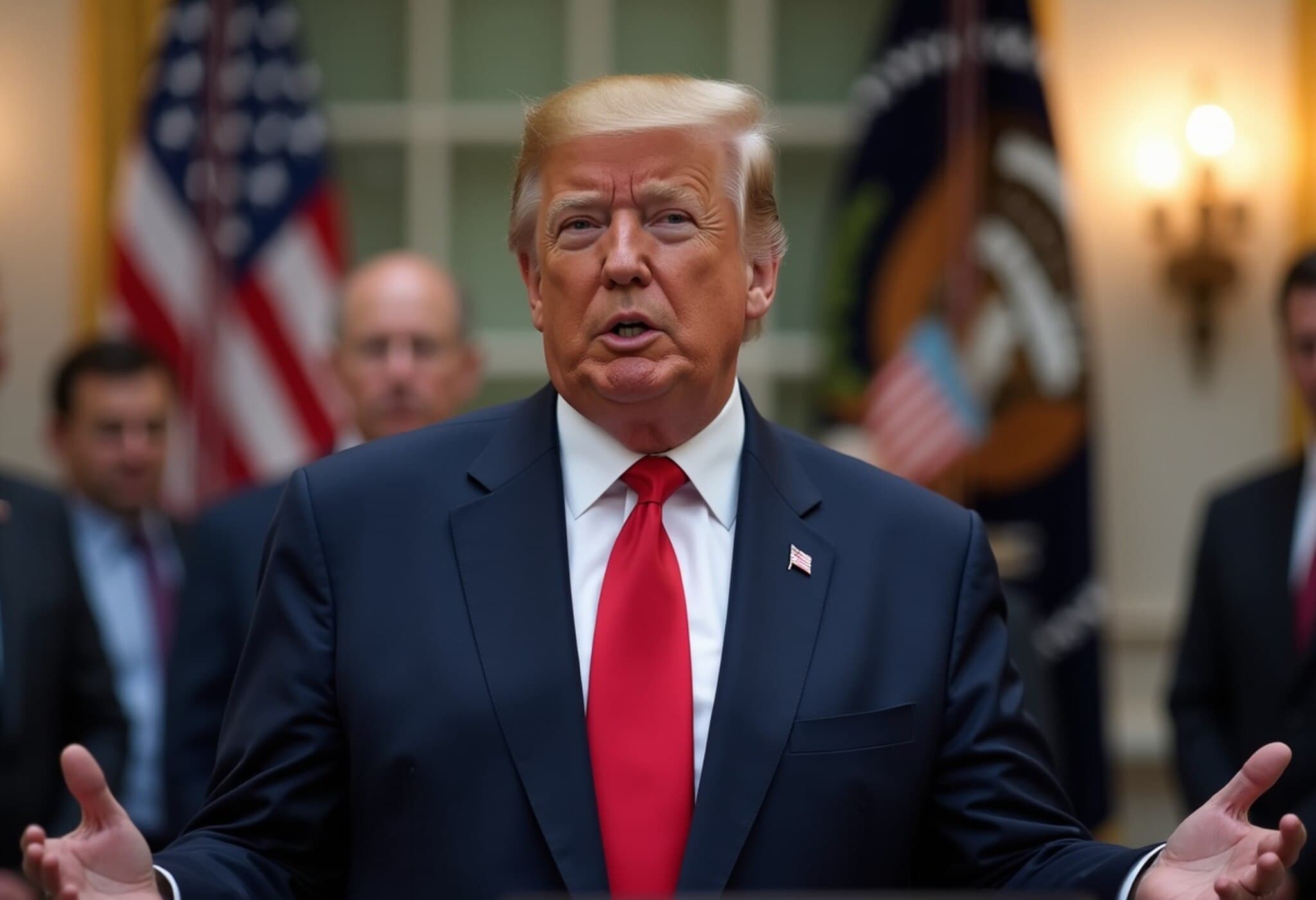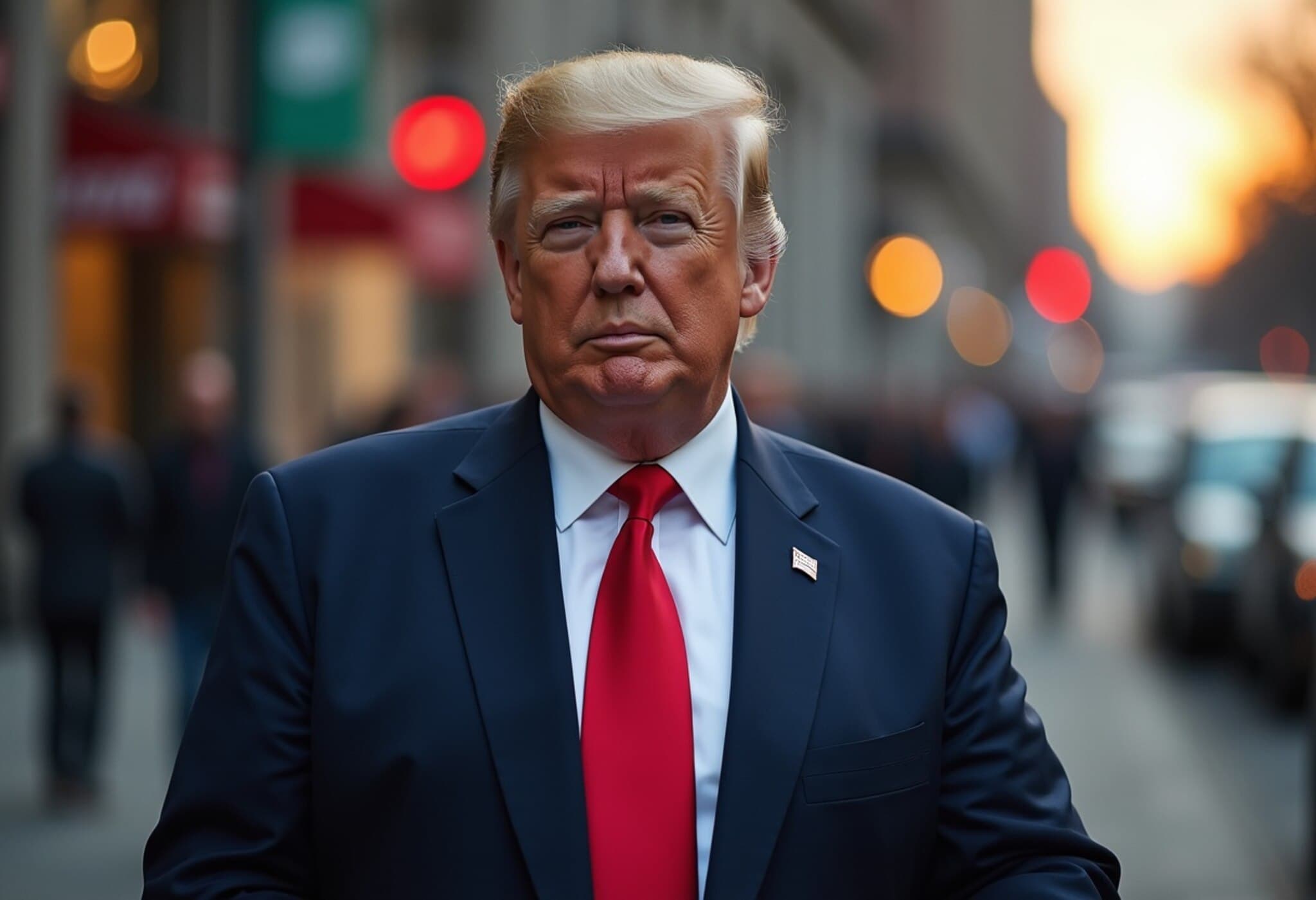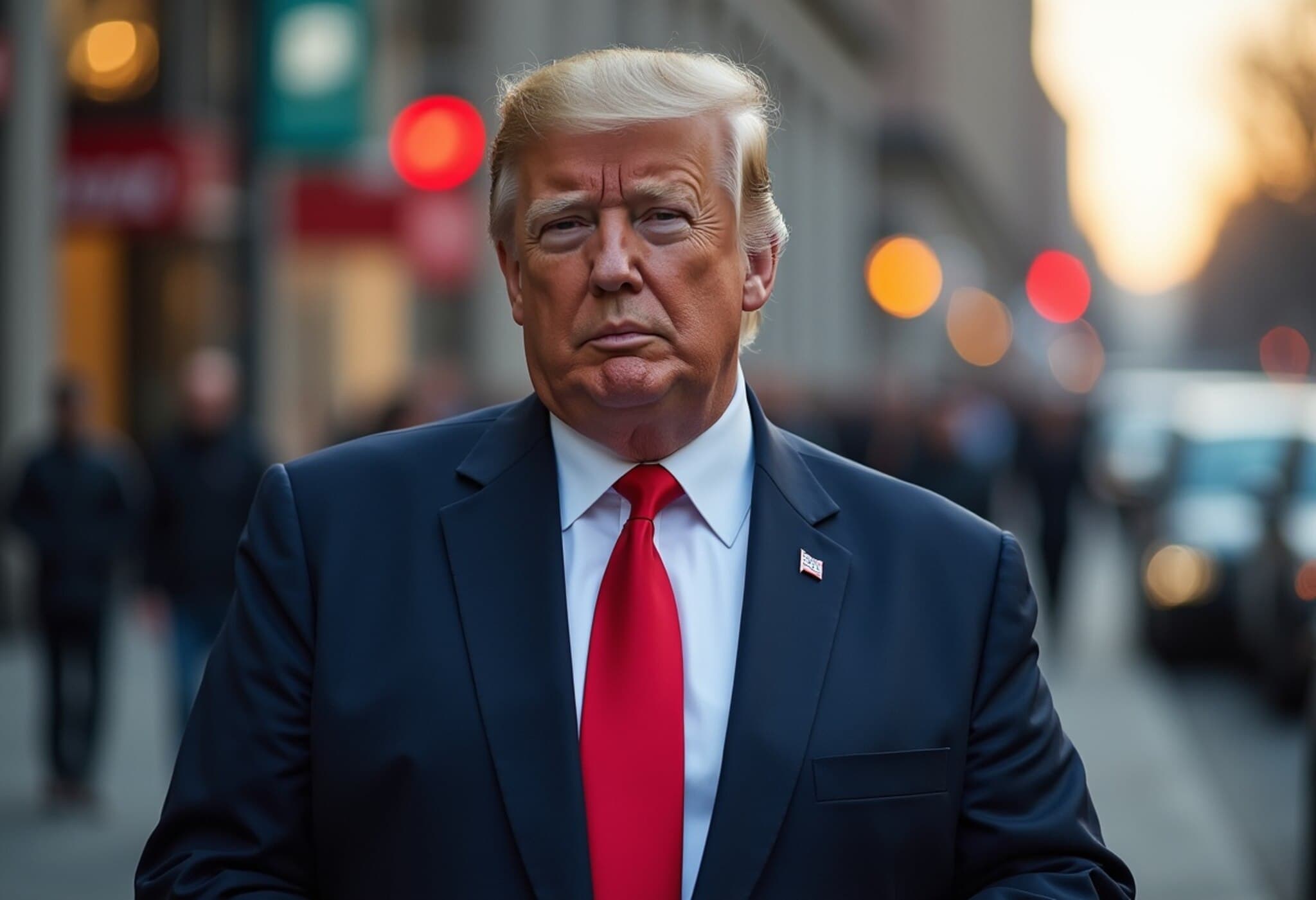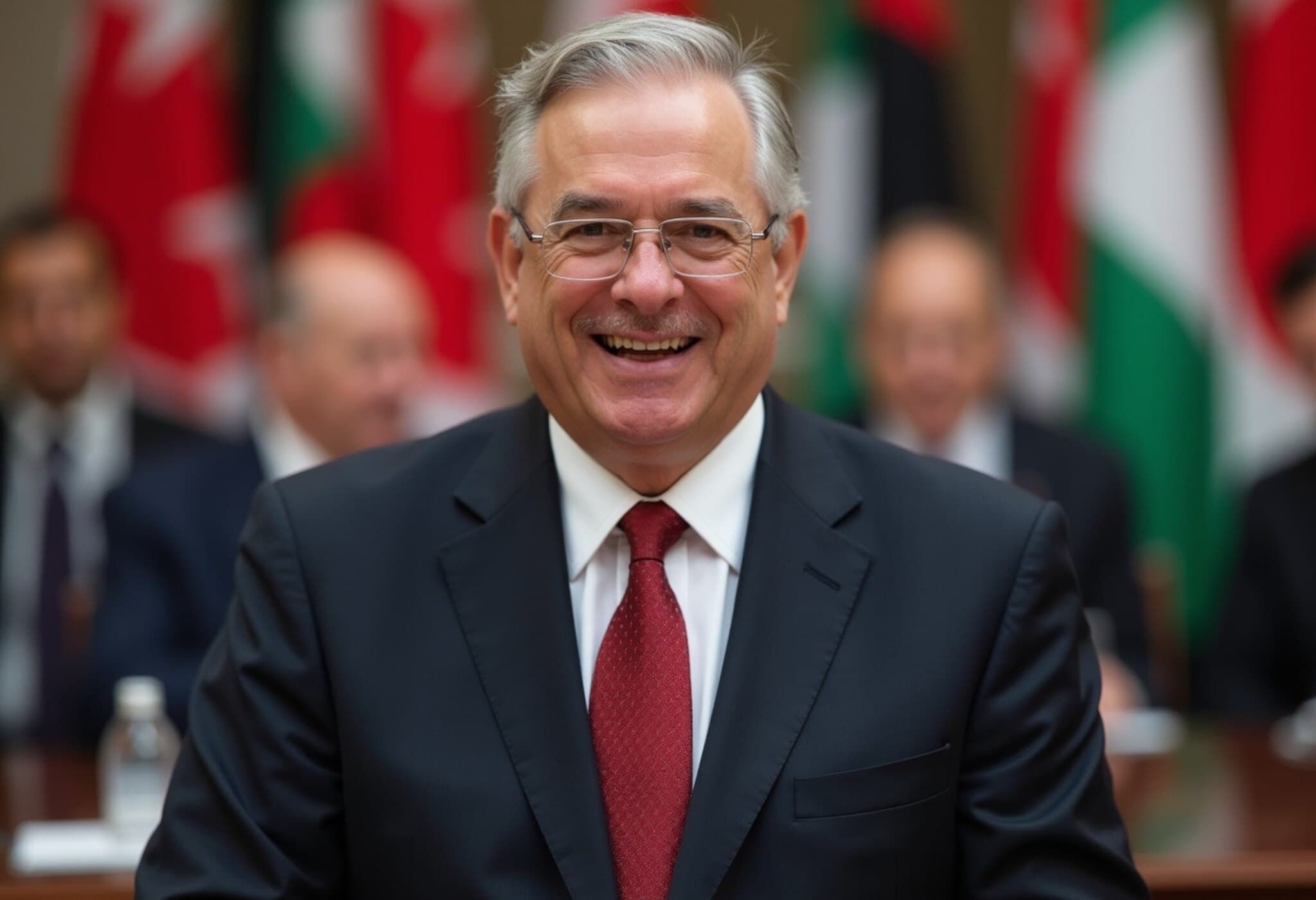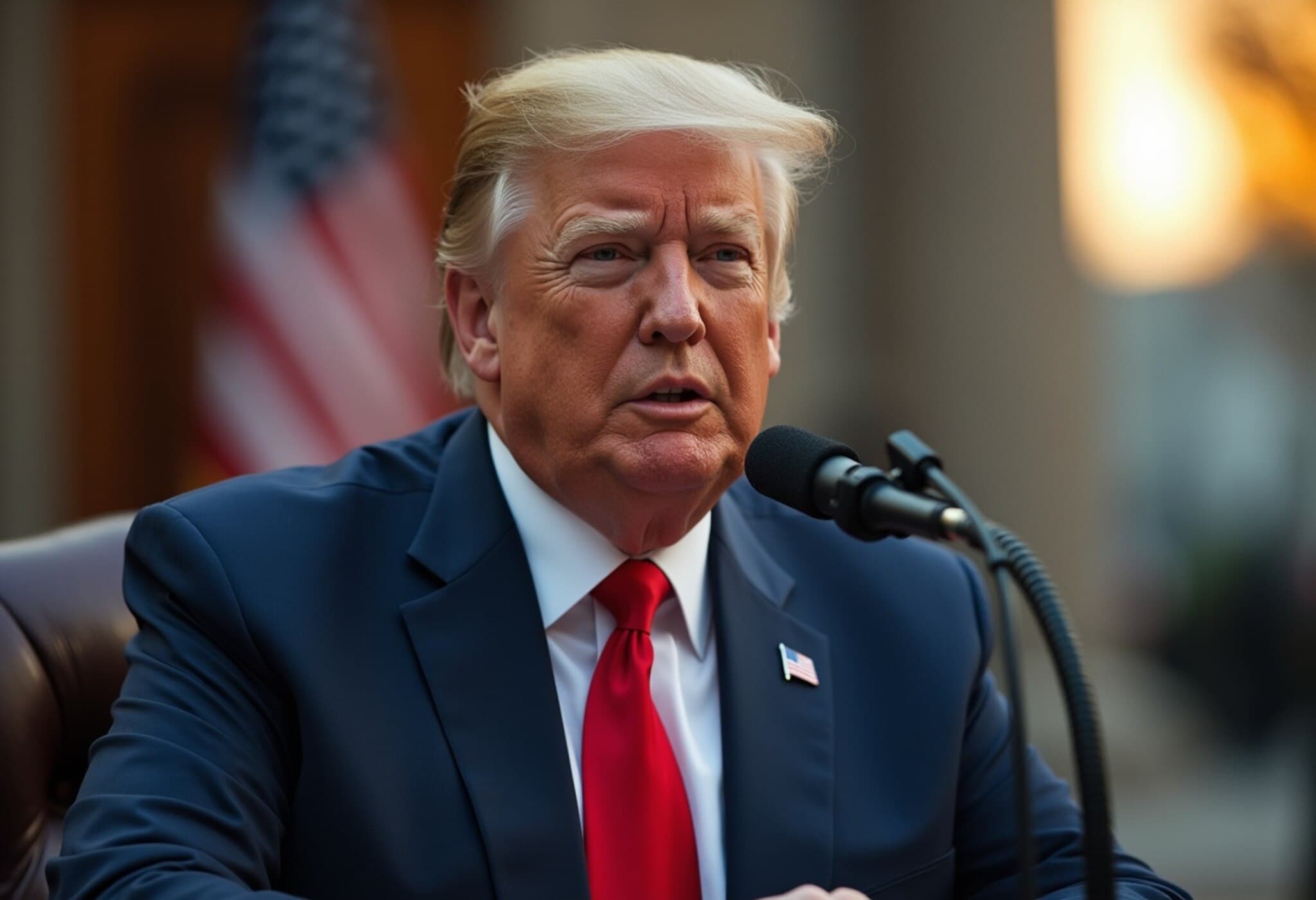Trump Reveals Ambitious US-Pakistan Oil Development Partnership
In a significant development that underscores shifting geopolitical and trade dynamics in South Asia, former US President Donald Trump announced a major collaboration between the United States and Pakistan to jointly develop Pakistan’s vast oil reserves. Taking to his social media platform, Truth Social, Trump described the deal as "massive," while intriguingly suggesting that Pakistan might eventually sell oil to India, despite escalating trade tensions between the US and India.
Details and Implications of the Oil Deal
Trump stated that Washington and Islamabad are working together to harness Pakistan's substantial energy potential, though the flagship company to lead the initiative is still being selected. This move is perceived not only as an economic opportunity but also as a strategic pivot in the US’s South Asian engagement, especially amid deteriorating trade relations with India.
"We have just signed an agreement with Pakistan, where both countries will cooperate to develop their massive oil reserves," Trump wrote. "We are in the process of choosing the oil company to lead this partnership. Who knows, maybe they’ll be selling oil to India someday!"
Context: Rising US-India Trade Friction
This announcement comes shortly after the Trump administration imposed a 25% tariff on Indian imports, citing India’s ongoing energy transactions with Russia, which the US views as problematic amid global sanctions targeting Moscow. The tariff imposition marked a sharp escalation in US-India economic relations, traditionally viewed as a strategic partnership, but now showing signs of strain.
At a White House press conference, Trump acknowledged ongoing trade negotiations with India, characterizing the country as one of the globe’s highest tariff-imposing nations. "We are negotiating, and we'll see what happens," he stated cautiously, signaling willingness to pursue dialogue despite hardened measures.
Wider Trade Diplomacy and Strategic Considerations
In addition to the Pakistan oil deal, Trump shared insights on extensive trade discussions with other global partners. He revealed that multiple countries are keen on reducing tariffs on US goods and services, which could collectively ease America’s trade deficit — a key economic priority for his administration.
"We are very busy in the White House today working on trade deals," Trump wrote. "I have spoken to many world leaders, all wanting to make the United States ‘extremely happy.’" Particularly, he highlighted ongoing talks with a South Korean trade delegation regarding tariff buy-down offers.
This proactive diplomatic engagement reflects a strategic balancing act — strengthening economic ties with some countries, such as Pakistan, while recalibrating relations with others like India, amid complex energy geopolitics and trade policies.
Expert Analysis: What Does This Mean for Regional Energy and Trade Dynamics?
Experts suggest that this US-Pakistan oil partnership could reshape South Asia’s energy landscape, introducing fresh economic opportunities for Pakistan while subtly influencing India’s regional energy sourcing strategies. "If Pakistan begins exporting oil to India, it might serve as an unexpected bridge amidst political tensions," says Dr. Anita Sharma, a South Asian energy policy analyst.
However, the deal also raises critical questions: How will India's government respond to Pakistan potentially becoming a new energy supplier? Could US tariffs on Indian imports push New Delhi to seek alternative trade partnerships? And what long-term effects might these trade policies have on the US’s strategic alliances in the region?
Looking Ahead: Monitoring the Trade and Energy Frontiers
As the US government continues to navigate complex negotiations with India and other key partners, the unfolding US-Pakistan energy collaboration stands as a testament to Washington’s multifaceted approach to geopolitical and economic challenges in Asia. The coming months will be crucial in observing how these developments influence trade balances, diplomatic ties, and regional stability.
Key Takeaways
- US and Pakistan are collaborating on developing Pakistan's extensive oil reserves.
- The project’s lead oil company is yet to be decided.
- Trump hinted Pakistan may export oil to India despite growing US-India trade tensions.
- US has imposed significant tariffs on Indian imports due to India's energy dealings with Russia.
- Ongoing US trade negotiations include South Korea and multiple countries offering tariff reductions.
Editor’s Note
This evolving narrative highlights the intricate interplay between energy resources, international trade policies, and geopolitical alliances. While economic pragmatism drives collaboration such as the US-Pakistan oil deal, it also raises probing questions about regional politics and long-term strategic outcomes. Readers should watch closely for developments in US-India trade talks and the broader implications for energy security in South Asia.
How might these moves reshape regional cooperation? Could economic incentives pave the way for reduced geopolitical tensions, or will protectionist policies deepen divides? Such questions underscore the critical importance of transparency, multilateral dialogue, and thoughtful diplomacy in navigating today’s complex international landscape.

